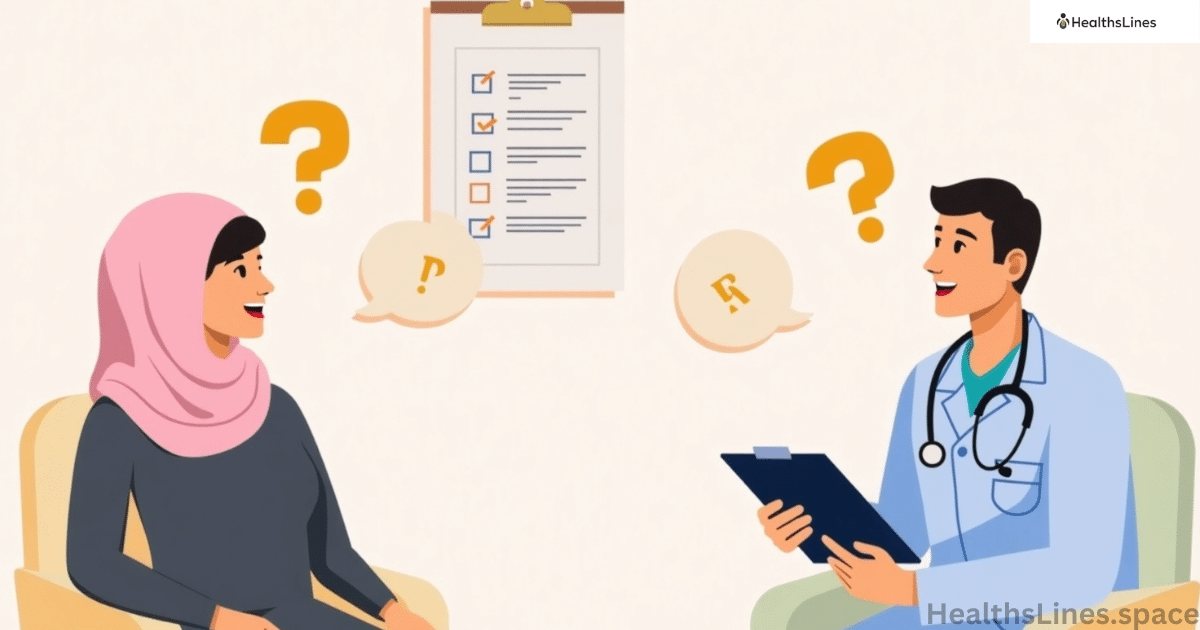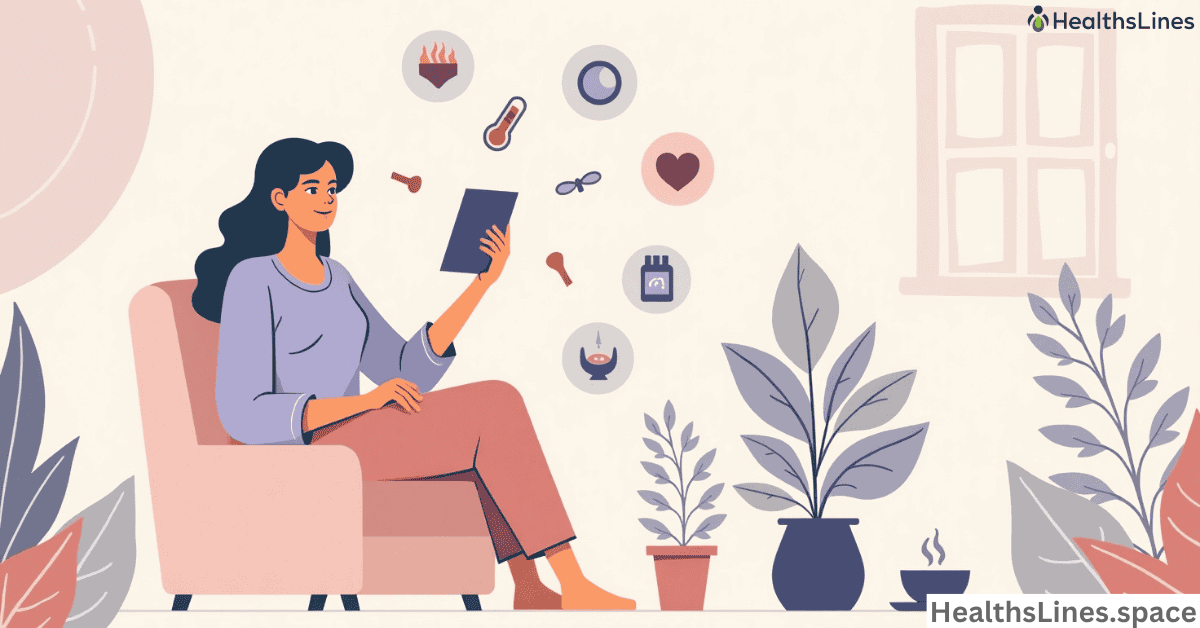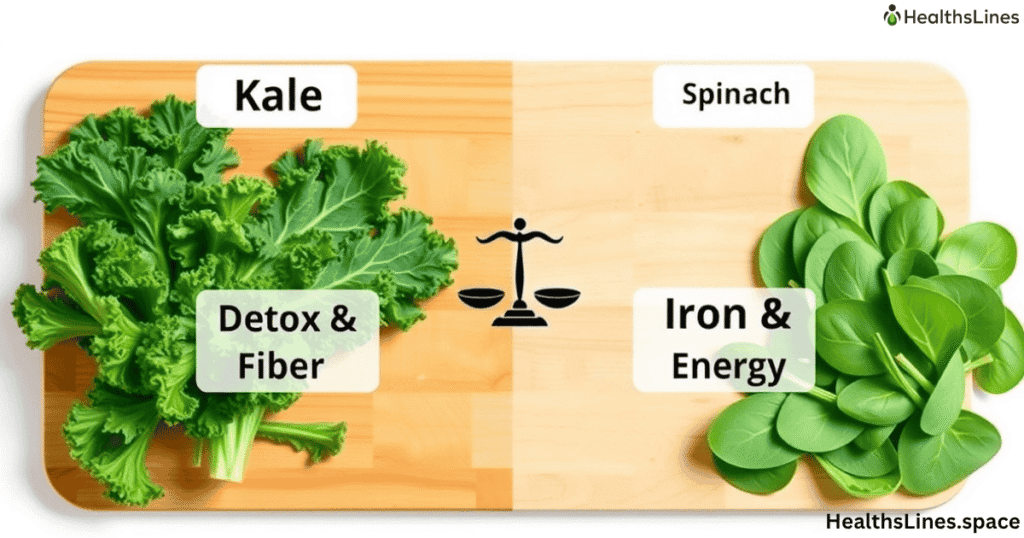A cancer diagnosis changes everything. The moment you hear those words, your world feels like it stops. You may feel shocked, scared, or even confused this is normal. The best way to move forward is by getting the facts Essential Questions to Ask Your Oncologist at Every Stage. You need to know exactly what you’re facing and how to fight it. The only way to do that is by communicating with your oncologist.
Your doctor is there to guide you through the process. But you must ask the right questions. This article shares all the Essential Questions to Ask Your Oncologist before, during, and after your treatment. It also includes helpful facts, tips, and support resources.
Before Starting Your Cancer Treatment
Before you begin your first round of cancer treatment, it’s important to understand your condition. Many people feel overwhelmed during this stage. But knowing what to ask can make things feel more manageable. The first thing you should ask your doctor is, “What kind of cancer do I have? You’ll also want to ask, “What cancer stage am I in, and what does that mean? Staging tells how far the cancer has spread and will help shape your treatment plan. You can also ask if you need more tests like CT scans, MRIs, or biopsies before treatment begins.
Then you should ask about your cancer treatment options. There are many ways to treat cancer today. Some common ones include chemotherapy, radiation therapy, immunotherapy, and targeted therapy. Each has pros and cons. Ask your oncologist why a specific treatment is being suggested for your type of cancer. You also want to ask what the goal of the treatment is. Will it cure the cancer, control it, or help relieve symptoms? You should also ask, “What are the chances this treatment will work for me? and “What side effects might I have? Understanding the risks and benefits will help you prepare mentally and physically.
Understanding Your Treatment Plan Before You Begin
| Topic | Questions to Ask |
| Diagnosis | What type and stage of cancer do I have? |
| Goals | What is the goal of this treatment? |
| Treatment Options | What options are available for my cancer type and stage? |
| Side Effects | What are the short-term and long-term side effects? |
| Timing | How soon should we start treatment? |
| Lifestyle Impact | Will I be able to work or take care of my family during treatment? |
| Second Opinion | Should I get a second opinion for cancer? |
During Your Cancer Treatment
Once treatment begins, you’ll meet regularly with your care team. This is the time to ask how you’re doing. Make sure to ask, “How will we know if the treatment is working?” Your doctor may monitor your progress using scans, blood tests, or physical exams. You should also ask how often those tests will happen. Another important question is about side effects. You might feel tired, lose hair, or get sick from certain treatments. Ask what side effects are normal, and what signs mean something serious is happening.
You should ask about help, too. There are many cancer support services that can assist you. You can ask your care team about emotional support for cancer patients or help with nutrition during cancer treatment. It’s also good to ask about financial assistance for cancer treatment. Many hospitals offer free programs to help patients pay for medicine, travel, or even rent. During treatment, it’s easy to feel isolated. Ask if there are cancer support groups nearby or online. Talking to others who understand can bring a lot of comfort.
Questions During Treatment: Stay Informed and Safe
| Category | Questions You Can Ask |
| Progress Tracking | How will you check if my treatment is working? |
| Side Effects | What should I expect, and when should I call you about side effects? |
| Adjustments | Can my treatment be changed if side effects are too hard to handle? |
| Support | Are there counselors or nutrition experts I can talk to? |
| Emergency Plan | Who do I call if I feel sick after hours or on weekends? |
After Cancer Treatment Ends
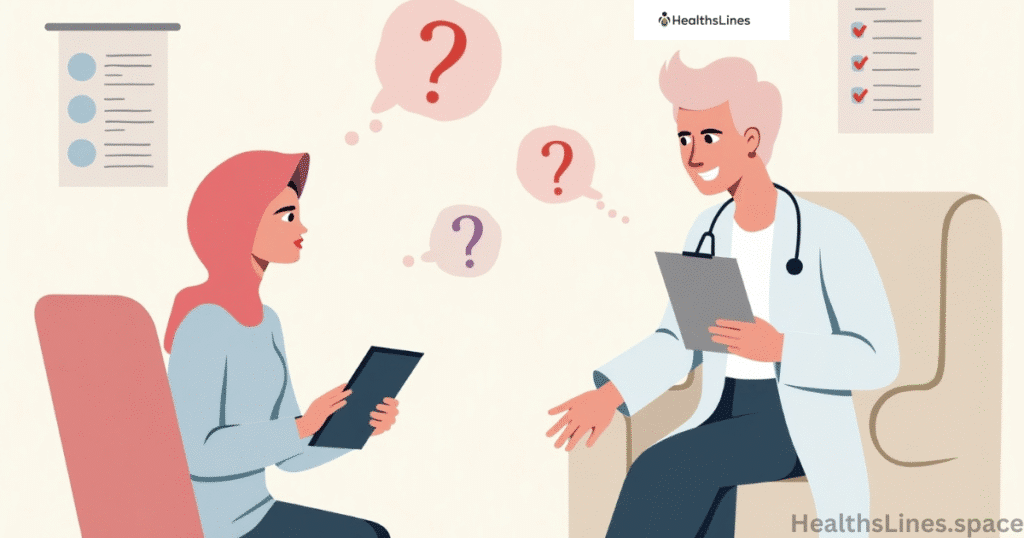
After treatment, you enter the next stage: recovery. This part is just as important. You need to ask about your follow-up cancer care. Ask your doctor what the next steps are. You should ask, “How often will I need check-ups or scans? and “What kind of tests will I have? This is call your follow-up care plan. Your doctor will look for signs that the cancer may return Essential Questions to Ask Your Oncologist. You’ll also want to know what symptoms to watch for and when to come back.
It’s also smart to ask about long-term side effects of cancer treatment. These can happen months or even years later. Some people have trouble with memory, pain, or fertility. Ask your oncologist what to expect and how to manage it. You should also talk about your mental health. Many people feel anxious or sad after treatment ends. Ask if there are survivorship programs or mental health after cancer services to help you adjust. Don’t be afraid to ask anything that’s on your mind. This is your time to heal and get strong again.
Post-Treatment: Planning for Life After Cancer
| Topic | Questions to Ask |
| Follow-Up Care | How often will I have appointments or scans? |
| Symptoms | What signs of cancer coming back should I look for? |
| Side Effects | What long-term issues should I expect? |
| Mental Health | What help is available for anxiety or depression after treatment? |
| Returning to Life | When can I go back to work or do normal activities again? |
| Support Programs | Are there survivorship care groups or classes available? |
How to Ask and Understand the Answers
Talking to your oncologist can feel overwhelming—especially when emotions are running high. But asking questions is one of the best ways to feel more in control. To get the most out of every appointment, it helps to come prepared.
Start by writing down your questions ahead of time. Organize them from most urgent to least, so you’re sure to cover what matters most. If something comes up between visits, jot it down or add it to your phone. It’s okay to bring notes with you—many patients do.
During the appointment, don’t be afraid to speak up if you don’t understand something. Doctors sometimes use complex terms without realizing it. Ask them to explain in plain language. Say, “Can you put that in simpler words?” or “What does that mean for me personally?”
It’s also helpful to take someone with you. A friend or family member can help listen, take notes, and ask follow-up questions. You can even record the conversation (with your doctor’s permission) to review later.
After the visit, review what was discussed Essential Questions to Ask Your Oncologist. Keep a folder with written summaries, test results, and appointment notes. Many hospitals offer after-visit summaries—ask for one if it’s available. Staying organized helps you feel more confident and informed.
Remember: no question is too small. You deserve to fully understand your diagnosis, treatment, and next steps. Asking is a sign of strength—not weakness—and it’s key to getting the best care possible.
Smart Tips for Better Oncology Visits
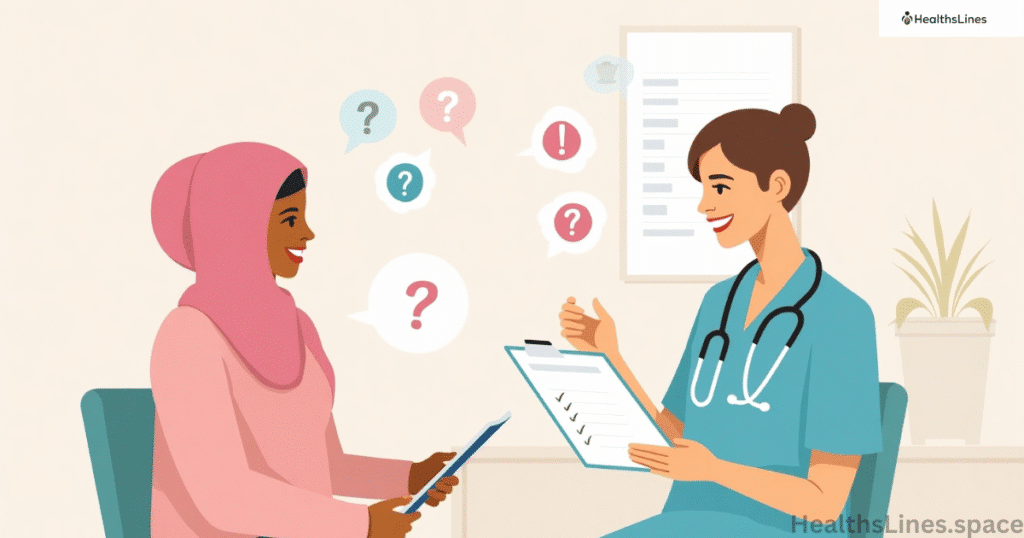
Preparing questions before every visit makes a big difference. Start by writing down your concerns the night before. If something worries you between visits, add it to your list. It helps to put your questions in order—from most important to least. That way, if time runs out, you’ve asked what really matters. During the visit, try to stay calm. If you forget something, it’s okay to call or send a message later.
Always ask for written summaries, too. Some hospitals offer after-visit summaries with notes about your treatment and next steps. If they don’t, ask your doctor to write it down or email you. Many doctors are happy to help. It’s also okay to ask follow-up questions later. Use your patient portal, if you have one, or call the nurse’s line. Cancer is hard enough. You should never feel like you’re asking too many questions.
Start by preparing your questions the night before your visit. Write down anything that’s been on your mind—no matter how small it may seem Essential Questions to Ask Your Oncologist. Prioritize your list so the most important concerns are discussed first. This helps ensure your key questions are answered, even if time is short.
Bring a trusted friend or family member to your appointment if you can. They can take notes, help you remember what was said, and offer emotional support. If you’re going alone, consider bringing a notebook or using your phone to record the conversation (ask your doctor first). It’s easy to forget details when you’re feeling anxious or tired.
Finally, remember that no question is silly or too small. You are your own best advocate. By staying organized, asking questions, and seeking clarity, you’ll feel more confident and better equipped to manage your cancer care.
Final Thoughts: Stay Strong, Stay Informed
It’s not easy to talk about cancer. But asking the right questions gives you power. It helps you make choices with confidence. You don’t have to be a medical expert. You just need to stay curious and speak up. Your oncology care team is there to help you.
Before, during, and after cancer treatment, always ask what you need to know. Keep track of your care. Look out for your mental health and find strength in support Essential Questions to Ask Your Oncologist. Recovery takes time. But with knowledge, you’ll be ready for what’s next.
